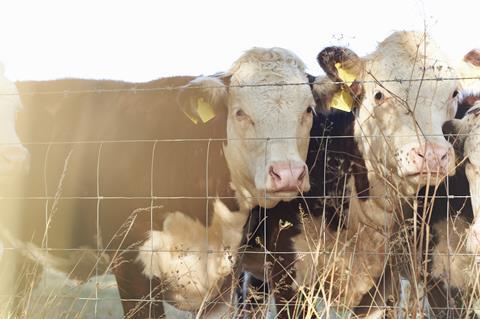
The UK farm assurance landscape requires a “fundamental reset”, driven by a significant reduction and simplification of the so-called audit burden, the independent UK Farm Assurance Review has concluded.
The national review – the first of its kind to be undertaken – was launched in the wake of controversy around Red Tractor’s failed attempt to introduce new environmental module the Greener Farms Commitment (GFC) in the autumn of 2023, and growing scrutiny over the effectiveness of other schemes such as RSPCA Assured.
Much like a separate, standalone probe into Red Tractor’s governance last year, the nine-month review found that farm assurance in the UK was “critical to the industry’s future” and delivering necessary assurances on quality to consumers.
However, it needed some fundamental changes “to address growing frustration amongst farmers in how it is delivered”.
Concerns over the “fragmented” farm assurance landscape had been building for a “number of years”, said the review’s lead commissioner David Llewellyn, the former vice chancellor of Harper Adams University.
The controversy around the GFC had merely acted as a catalyst for already “fraying relations with farmers on the ground”, he added. Other pressures on producers included the burdensome and often duplicated work required to fulfil audit requirements, the cost of farm audits and scheme membership and the “unfair competition” from imported products not required to meet the same standards.
Some farm assurance schemes “no longer appear to deliver any sense of premium prices back to farmers, as was anticipated by farmers when they first came in to being”, the review discovered.
The impact of completing farm assurance audits on the mental health and wellbeing of farmers was, for many, seen “as a highly stressful ‘make or break’ period”, it added. The botched introduction of the GFC in particular acted as a microcosm of producers’ concerns.
“While some see environmental standards as a necessary progression, others view them as overly demanding, costly and sometimes impractical to implement effectively, especially without additional support,” the review paper said.
These challenges were set against the backdrop of a series of supply chain shocks, soaring commodity prices and production costs, coupled with downward price pressure from buyers, it added.
Read more: Does Red Tractor need a jump-start?
The review made nine strategic recommendations, from the need to reduce and simplify on-farm audits and for them to be delivered more consistently, to the need to further embrace technology and improve communication with farmers.
Schemes also needed to reset and/or restate their structures to establish farmers as the “driving voice in standards development”, the review recommended.
Other areas requiring action included the need for greater collaboration between schemes, and a clear industry-led initiative on future environmental ambitions for farm assurance.
Schemes must also better position the UK farming industry in world food markets and in competition with imported food, the review urged.
The review commissioners also called on governments across the UK to take “a more structured and active approach to the interaction between assurance schemes and regulation, recognising the benefits this will bring to the farming industry, as well as to consumers, and the potential it will have to contribute to the better understanding of the impact of post-Brexit farming policies”.
Farm assurance must be a critical part of the future, said Llewelyn, who warned farmers would opt out of such schemes if they refused to change.
“However, for that [future] to happen, significant changes are needed to win back farmer confidence where it has been lost, to build on what already works well and to secure a competitive edge for UK farming on the world stage.”
RSPCA Assured plays down ‘welfare washing’ accusations and ramps up farm visits
The review had found “competing interests and ambitions for the farm assurance system”, he added.
“Over time, that has added complexity and stress for farmers, many of whom now struggle to identify any real benefits to their business. Worse still, many feel they live in a permanent state of jeopardy with ‘make or break’ audits determining whether their businesses can operate or not. The reality is that too many farmers feel farm assurance is ‘done to them’ rather than ‘delivered with them’. It should be better than this.”
Farmers consulted wanted to produce to the highest standards and to be supported by assurance schemes in that endeavour, he said. “However, they also want to be appropriately compensated for the considerable effort required by the current farm assurance system.
“We recognise that the system is essential to provide assurance of high production standards. However, it must deliver for all parts of the food chain, including contributing to a process of continuous farming improvement, something the approach of the current assurance system does not always provide.”
The review’s sponsors AHDB and the NFU will now consider the reccomendations before taking further action.







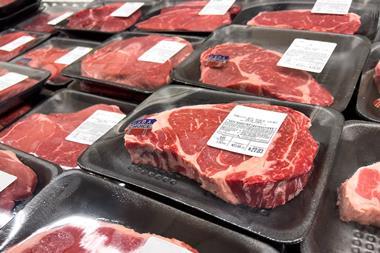
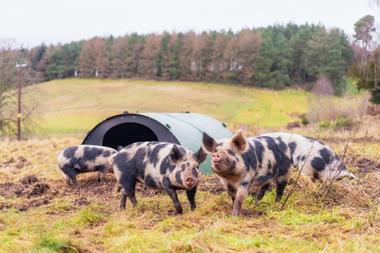

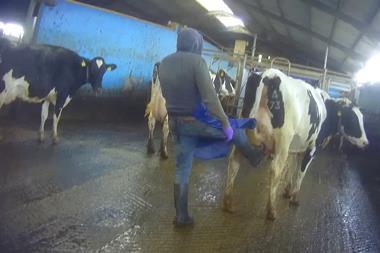

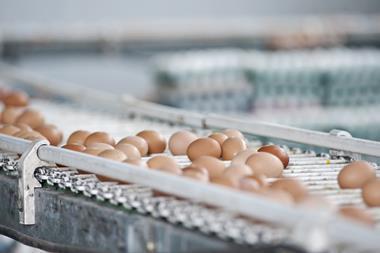






No comments yet